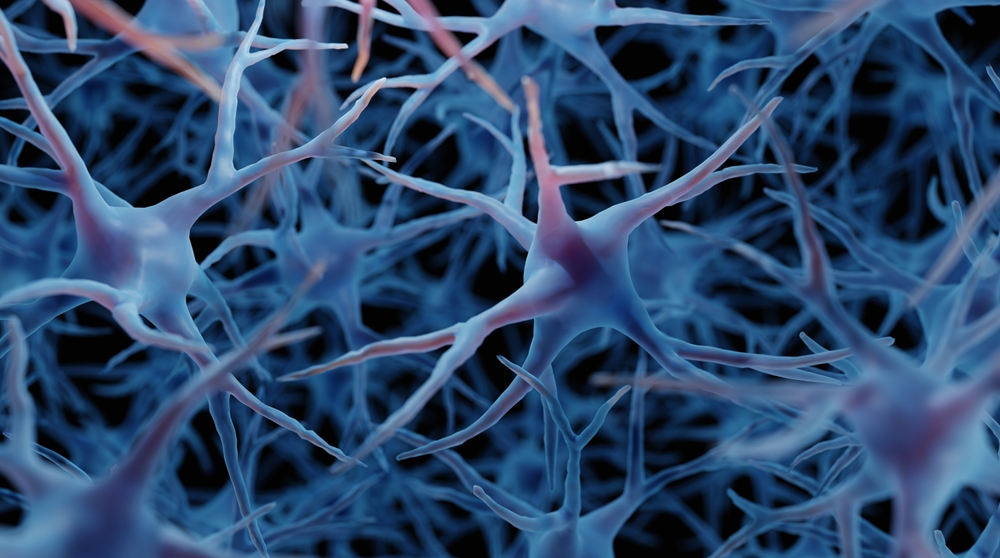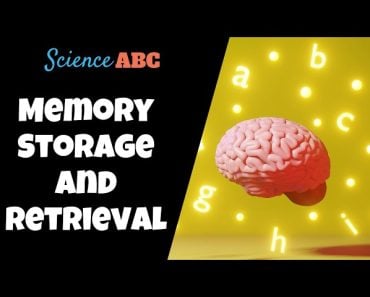2 + 2 is 4, and 4+4 is 8… Yes, we all know the drill. We have long used the rote learning style to remember our multiplication tables, but can we really benefit from repeating information without a deep understanding of the underlying concepts?
Let’s start with a memory challenge. Spend just two minutes reading the Table of Contents above to memorize it as fast as you can. Now, look away and try to recall the points on the list. How many do you remember?
Did you repeat the words to memorize them? If yes, then you learnt it by rote.
Recommended Video for you:
What Does Rote Learning Mean?
Learning only by repetition is known as the rote method. It does not involve any need or attempt at comprehending the material. Just as we store data in a computer, we use this technique to store data in the brain, even if only temporarily.
For centuries, rote memorization has been a popular way to educate students all over the world, but in recent times, it has been criticized by modern thinkers and educators. The reason is simple. This style may allow for the quick recall of some bits of information, but it does not promote a deeper understanding of a subject.
Many teachers still think that learning by sheer repetition is fast and effective. With that mindset, they may tell you that the more you repeat reading or writing something, the better you’ll be able to remember it.
What Are Some Rote Learning Techniques?
Some common examples of learning only through repetition are spelling or counting drills, multiplication tables, the periodic table in chemistry, repeating facts and figures (names, dates, etc.) mentally cramming, or ‘mugging up’ information before exams… the list goes on.

The question is, does rote memorization really help us learn better or provide any benefits in the long run? Let’s see what science tells us.
Advantages Of The Rote Method
The brain is always changing; memory is a dynamic process.
We all know that the neuron is the basic unit of the brain. When you’re learning something, new connections are being made between the neurons. This process is called neuroplasticity. The more you practice something, the stronger those neural connections will become.

The part of the brain that is critical to our memory is the hippocampus.
The hippocampus registers and stores the information we feed into the brain, but here, the information is available only for a short period of time. Then the hippocampus ships the information off to be stored in long-term memory in different parts of the cortex.
These are some psychological processes related to memory that are, however, still being actively researched.
A study at Stanford University School of Medicine shows that when young children learn math by rote, it may free up their working memory space and allow for further skill development. In effect, the brain prepares itself for more complex math and higher-order critical thinking. So, in a way, rote memorization is likely to enhance cognitive development in kids.
It is well established that the rote method can be a great aid in developing basic skills, for example, in learning the alphabet. After all, without being able to recall the basics, you cannot move on to higher-level knowledge.

Does It Work For Adults?
Research on elderly participants has revealed that rote learning may also improve neural plasticity in aging brains.
There is another strategy called spaced repetition, which is a more refined version of the rote method. This requires you to revise your content of study at regular intervals, not just once. By stimulating the brain to make the connections between neurons stronger, it helps us retain knowledge for a longer time.
Disadvantages Of The Rote Method
On the flip side, there are also reasons why this method is falling out of favor.
Let’s admit it. Rote memorization is repetitive and boring. It is difficult to concentrate when you’re reading (or writing) some bits and pieces over and over again without knowing what they mean or relating them to something you have learnt before.
It also doesn’t equip you with the ability to apply your knowledge in real-world situations.

It is proven that students who develop a proper understanding of the subject are more successful in the long term than those who learn only by rote.
So, nowadays teachers are showing more interest in more constructive, new-age methods like active learning and meaningful learning.
Conclusion
It should be repeated that the next time you’re cramming information for a quick fix to finish your syllabus, you will probably forget the facts right after the exam.
While learning only through repetition makes sense with foundational concepts, such as basic vocabulary and counting, it is not an efficient way to master any subject or topic at an advanced level, nor if you’re looking to use that information for the rest of your life.
References (click to expand)
- Hilgard, E. R., Irvine, R. P., & Whipple, J. E. (1953). Rote memorization, understanding, and transfer: an extension of Katona's card-trick experiments. Journal of Experimental Psychology. American Psychological Association (APA).
- Roche, R. A., Mullally, S. L., McNulty, J. P., Hayden, J., Brennan, P., Doherty, C. P., … O'Mara, S. M. (2009, November 20). Prolonged rote learning produces delayed memory facilitation and metabolic changes in the hippocampus of the ageing human brain. BMC Neuroscience. Springer Science and Business Media LLC.
- Math wars: Rote memorization plays crucial role in teaching .... The National Post
- Spaced repetition: a hack to make your brain store information. The Guardian
- Sisti, H. M., Glass, A. L., & Shors, T. J. (2007, May). Neurogenesis and the spacing effect: Learning over time enhances memory and the survival of new neurons. Learning & Memory. Cold Spring Harbor Laboratory.
- K Greaney. Skills-based learning within a constructivist curriculum: the .... auamii.com












